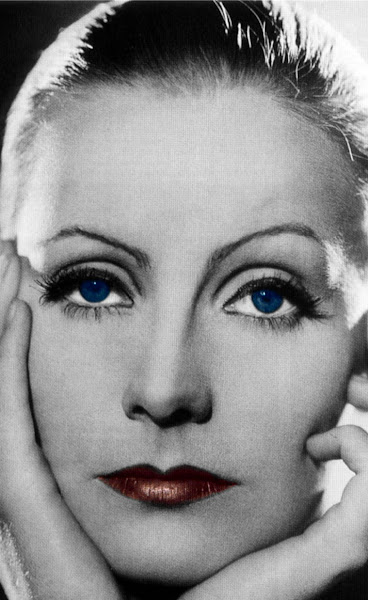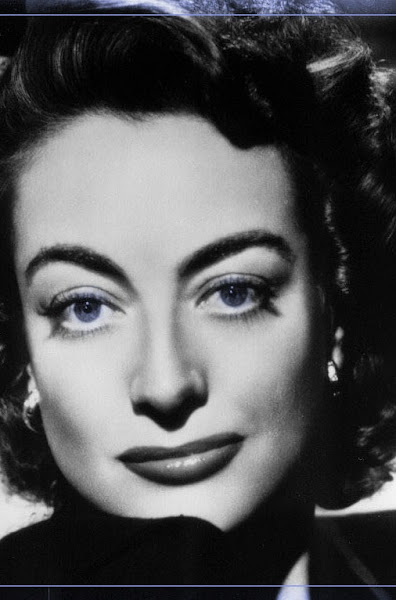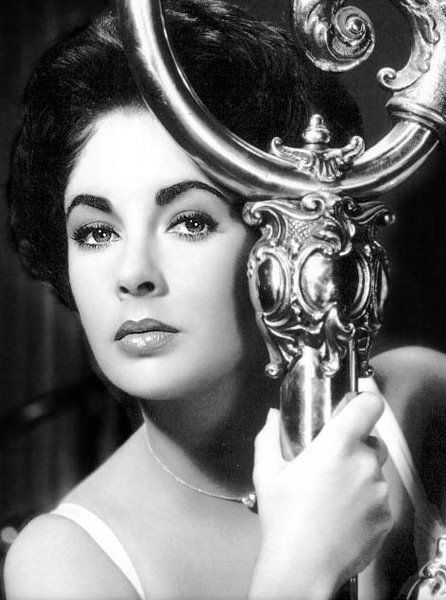
First, I am just going to say that you cannot be a good filmmaker if you are not also a bit of a film buff. It is impossible to make good films if you do not know any (arguably) good films. (I think Quentin Tarantino would agree. He once said, "When people ask me if I went to film school, I tell them, 'No, I went to films'.") If good filmmaking ability is analogous to the amount of films stored in a filmmaker's brain, then Quentin Tarantino's films are the best. I had not thought about Tarantino in quite a while until seeing a photo from the set of "Inglourious Basterds" in "People" magazine the other night. Indeed, since becoming a film studies major at Vanderbilt, my attention has been placed more on directors such as Hitchcock, Hawks, Ford, Godard, Lynch, and Allen, so Tarantino fell a bit by the wayside in my immediate memory. In any case, the other night, upon reflection about Tarantino (whose work I have seen all of, save for "Death Proof"), I remembered just how fantastic a filmmaker he is and how excited I am for the release of "Inglourious Basterds" in August. However, it could be argued that Tarantino, in being the film buff he is, borrows so much from other films (and pop culture) that he is not so original. Indeed, I can identify at least two scenes in "Pulp Fiction" that are "copied/pasted" from other films. So is he still a genius... or isn't he?
He is, so long as you accept that all films are adaptations of some kind (which I do). By adaptation, I do not mean the definition to completely and only encompass a film adapted directly from a novel or another film. If you, I, or Robert Stam (perhaps the leading scholar on film adaptation) believe the concept of adaptation extends further, then films based on ideas can fit the definition, too. Essentially, every film has to come from something before, no matter the size of the influence, be it the adaptation of a novel or of an idea. In this way, it could then be said that Tarantino is just like any other filmmaker, adapting ideas, borrowing shots, or paying homage to genres from films that preceded his work. Tarantino's brilliance comes from his way of sewing them all seamlessly into his films while making the film distinctly his own. Even if the scenes I have identified from "Pulp Fiction," the adrenaline shot scene and the scene where Bruce Willis is driving, are borrowed from the Scorsese documentary "American Boy" (the scenario) and Hitchcock's "Psycho" (the shots), respectively, the ways in which Tarantino includes them are still undeniably clever. What I love about Tarantino's films is how self-conscious they are in and of themselves as a medium—simply consider Tarantino's use of non-linear time (which a friend of mine humorously calls "to Tarantino something") and even repetitions of scenes from different perspectives ("Jackie Brown"). What first drew me to Tarantino is his clear ability to make films that stand out for their conscious artistry. As an amateur film scholar and critic, I am certain that you, my dear readers, have discovered by now just how much fonder I am of the artistry of films than of films made simply for entertainment. (Certainly, the latter is the result of Hollywood's post-1975 obsession with blockbusters.) Anyway, Tarantino is undeniably an artist and perhaps one of the greatest filmmakers living today.
Which brings me to another point. My partner, a semi-professional classical and opera singer getting his master's in early music (voice) at Indiana and something of a classical music scholar, defines all classical composers as "innovators" or "perfectors." For example, if Monteverdi is an "innovator," then Bach or Mozart are "perfectors," perfecting the style of the innovator with their new compositions. If we extrapolated this concept to film diretors and Hitchcock or Hawks are "innovators," then perhaps Tarantino can be accepted as a "perfector." It is true that Tarantino does utilize the non-linear storylines that characterize his work, but I think his work is more the result of perfecting the art of film as developed by others (and there is nothing wrong with that). For example, according to Wikipedia's page on the upcoming "Inglourious Basterds":The title (and partial premise) of the upcoming film is inspired by Italian director Enzo Castellari's 1978 movie "Inglorious Bastards." The director has repeatedly stressed that despite it being a war film, the movie will be his "spaghetti-western but with World War II iconography". In addition to spaghetti-westerns, the film also pays homage to the World War II "macaroni-combat" sub-genre (itself influenced by spaghetti-westerns), as well as films by Jean-Luc Godard.
What a film buff. What a filmmaker.
I cannot wait for August 21st, 2009: the return of Tarantino. Expect a review soon after.
May 12, 2009
Random Musing: Quentin Tarantino
Labels:
random musings
Subscribe to:
Post Comments (Atom)

.jpg)

.jpg)
.jpg)

No comments:
Post a Comment